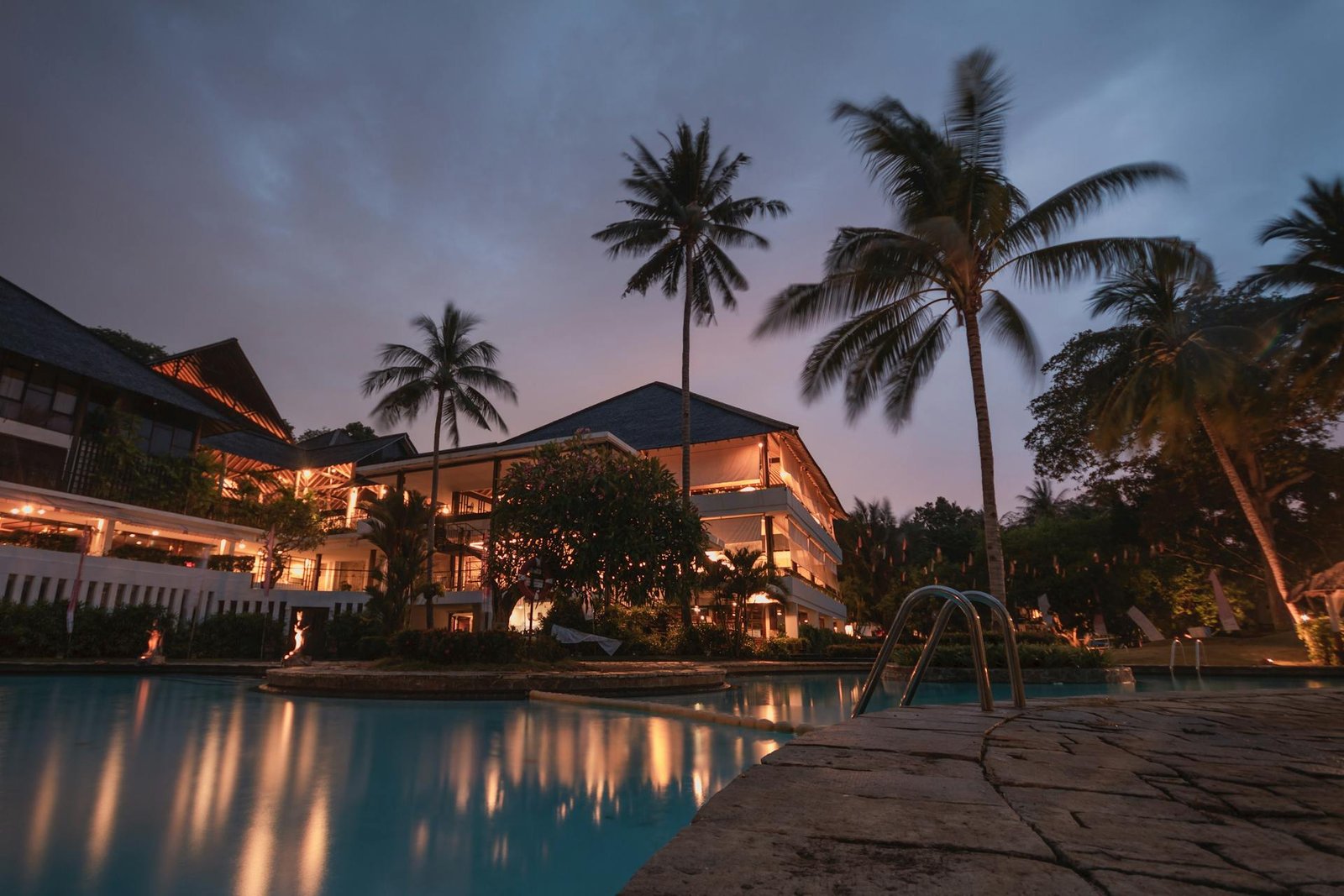When we book a hotel, it’s easy to focus on the star rating. Five stars often seem like the best choice, promising luxury and comfort. But the reality is that the location of a hotel can matter even more than its rating. A well-located budget hotel can make our trip easier, while a poorly located luxury hotel can create stress, waste time, and increase costs. This guide explains why location matters, what to look for, and how to make the best choice for any trip.
Understanding Star Ratings
Star ratings are meant to indicate the quality of a hotel. More stars often mean better facilities, nicer rooms, and more services. For example, a five-star hotel may have a spa, pool, multiple restaurants, and 24-hour service. Three-star hotels typically offer clean rooms and basic amenities, while one or two stars provide only the essentials.
While star ratings give a general idea of comfort and luxury, they do not tell us anything about the hotel’s surroundings. A hotel with many stars could be far from the attractions, public transport, or restaurants, which can make getting around difficult.
Why Location Impacts Our Experience
The location of a hotel affects our daily experience more than its services. If we stay near attractions, restaurants, and public transport, we save time and energy. We can walk to most places instead of relying on taxis, buses, or rideshare apps.
A well-located hotel allows us to enjoy our trip without worrying about long commutes. Even if the hotel is small or has fewer amenities, being close to what we want to see and do often makes our stay more enjoyable and convenient.
Cost Considerations
Location can also affect costs. A hotel far from the city center or attractions may be cheaper per night, but we might spend more on transportation. Taxi fares, bus tickets, or rideshare services can quickly add up, sometimes costing more than the hotel savings.
Choosing a hotel in a convenient area can reduce these extra expenses. We might pay slightly more for the room, but save money on transport and time, making the trip more efficient and less stressful.
Safety and Convenience
Location also influences safety and convenience. Staying in a well-lit, populated area reduces risks, especially if we arrive late at night or return from sightseeing after dark.
We should also consider access to essential services such as supermarkets, pharmacies, hospitals, or ATMs. A hotel in a safe and convenient area allows us to handle emergencies and daily needs more easily, giving peace of mind throughout the trip.
Proximity to Attractions
When booking a hotel, we should think about the attractions we plan to visit. Being close to major sights means we can walk instead of spending hours commuting.
For example, if we are visiting a city with famous museums, staying within walking distance saves time and allows us to explore more. Being close to attractions also makes early mornings or late nights easier since we can avoid long taxi rides.
Access to Public Transport
Even if we cannot stay within walking distance of every attraction, access to public transport is crucial. Hotels near subway stations, bus stops, or train stations allow us to reach destinations quickly and cheaply.
Being near transport hubs also makes it easier to take day trips or travel between cities. Hotels far from transport options may seem quiet and affordable, but they can increase travel time and stress.
Food and Dining Options
Location affects access to restaurants, cafes, and local food. A hotel in a busy area or near popular neighborhoods allows us to try local cuisine without traveling far.
We can explore markets, street food, and small restaurants on foot. Staying in a remote hotel might require eating at the hotel or taking taxis, limiting our food options and local experiences.
Understanding Neighborhoods
Not all neighborhoods in a city are equal. Some areas are vibrant and lively, while others are quiet or residential. Researching the neighborhood before booking helps us find a location that suits our travel style.
We can use maps, reviews, and local blogs to learn about restaurants, shops, safety, and accessibility. Choosing the right neighborhood ensures we enjoy the city both during the day and at night.
Balancing Comfort and Location
Sometimes, hotels with higher star ratings are located outside the city or in less convenient areas. We might get a luxury room but spend hours commuting.
We should balance comfort and location based on our priorities. A mid-range hotel in a central area can offer more convenience than a five-star hotel in a distant location. In most cases, we get more value from being close to attractions than from extra amenities.
Short Trips vs Long Trips
The importance of location may vary depending on the length of our trip. For short stays, being close to attractions is even more important because we have limited time.
For longer trips, we might accept a slightly farther location if it offers quietness, larger rooms, or lower cost. Even then, access to public transport remains key for convenience.
Planning Around Activities
We should also consider the type of activities we plan. If we intend to spend most of our time outdoors or on guided tours, the hotel’s proximity to a subway or bus line matters more than luxury features.
If we plan to dine out, shop, and explore neighborhoods, being in the center is more practical. Matching hotel location to planned activities ensures a smoother and more enjoyable trip.
How to Research Locations
Research is essential when choosing a hotel. Maps, travel blogs, reviews, and social media can help us understand where hotels are located relative to attractions.
We can look for nearby restaurants, markets, and transport options. Reviews often mention if a hotel is quiet, convenient, or close to the main sights. Using multiple sources gives a better picture than just relying on star ratings.
Booking Tips for Location
When booking, we should prioritize hotels with easy access to what we want to do. Filter search results by distance to landmarks or public transport. Check walking times and nearby facilities.
Sometimes a slightly more expensive hotel in a better location is worth it. We save time, reduce stress, and enjoy our days more. Choosing wisely ensures that our hotel complements our travel experience rather than complicates it.
Avoiding Common Mistakes
A common mistake is choosing hotels based only on star ratings or photos. A five-star hotel may look perfect online but be far from everything we want to see.
Another mistake is ignoring neighborhood reviews. Even highly rated hotels can be in noisy or unsafe areas. Taking time to check location carefully prevents frustration and wasted money.
Conclusion
When we book hotels, location should be at the top of our list. While star ratings show comfort and amenities, the hotel’s surroundings affect our daily experience, safety, and convenience. Staying near attractions, restaurants, and transport hubs saves time, reduces stress, and allows us to enjoy our trip fully.
By researching neighborhoods, checking proximity to sights and transport, and balancing comfort with convenience, we can make smarter hotel choices. When we prioritize location over stars, we make our trips easier, more enjoyable, and more memorable.




